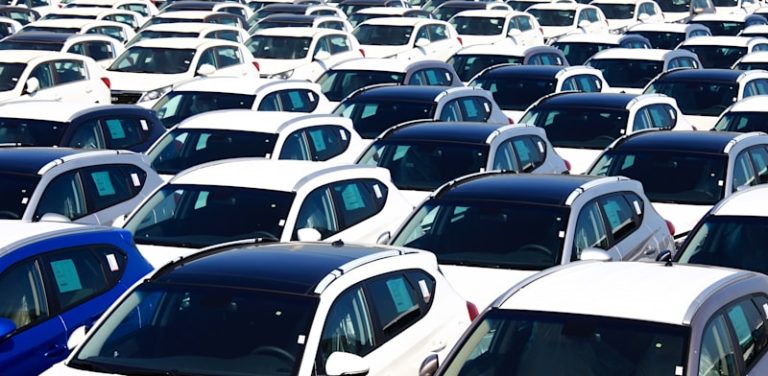
State revenue from motor vehicle taxation was estimated at more than NIS 50 billion last year, representing 11.4 percent of total state revenue from taxes and fees, and 2.8% of GDP. The figures appear in a new study by the Knesset Research and Information Center analyzing state revenues in 2023 and the revised budget for 2024. The figures include the purchase tax on new vehicles, the tax on the purchase of spare parts, registration fees and excise duties on petrol and diesel, taxation of personal use of company cars and VAT.
Vehicle running fees alone brought in NIS 6.2 billion last year. Revenue from fees is expected to increase by a further 6.7% to NIS 6.8 billion, or 29.2% more than that collected in 2022. According to estimates from the Ministry of Finance, the cancellation of the reduction on registration fees for electric vehicles in January 2025 will bring in an additional 500 million shekels next year.
Annual vehicle registration fees in Israel are among the highest in the OECD and well above the OECD average.
“A rapid shift to electric vehicles over the next decade could result in lower state revenues and a long-term fiscal challenge,” the study said. To meet this challenge, vehicle purchase tax revenues will be significantly boosted by the increase in the purchase tax on electric vehicles included in the new 2024 budget.
The analysis reveals that imports of electric and plug-in hybrid vehicles anticipated in December 2023 to counter the increase in the purchase tax to 35% in January this year generated 1.9 billion shekels in revenue in December. The increase in the purchase tax and the removal of “green taxation” on plug-in hybrids, which took effect on January 1, are expected to add 480 million shekels to state revenue this year alone.
According to the analysis, if tax benefits for electric vehicles are completely abolished in January 2025 and the purchase tax on these vehicles increases to 83% as for gasoline vehicles, this will result in 2.57 billion NIS additional purchase tax revenue in 2025 alone. However, if the purchase tax rate on electric vehicles increases to just 45% next year, as proposed in the Budget, this will only raise 540 million shekels more in 2025 than in 2024.
The study also indicates that the new travel tax expected to be imposed on electric vehicles from 2026 will be a gold mine for the state. According to estimates by the Ministry of Finance, in 2026, the first year in which the tax is expected to be imposed, the resulting revenue will amount to 1.54 billion shekels.
Despite a more than 175% increase in the number of electric vehicles on Israeli roads last year, state revenue from fuel excise taxes increased by almost NIS 1.5 billion, to reaching a total of NIS 20.6 billion.
Published by Globes, Israel Business News – fr.globes.co.il – February 15, 2024.
© Copyright of Globes Publisher Itonut (1983) Ltd., 2024.



